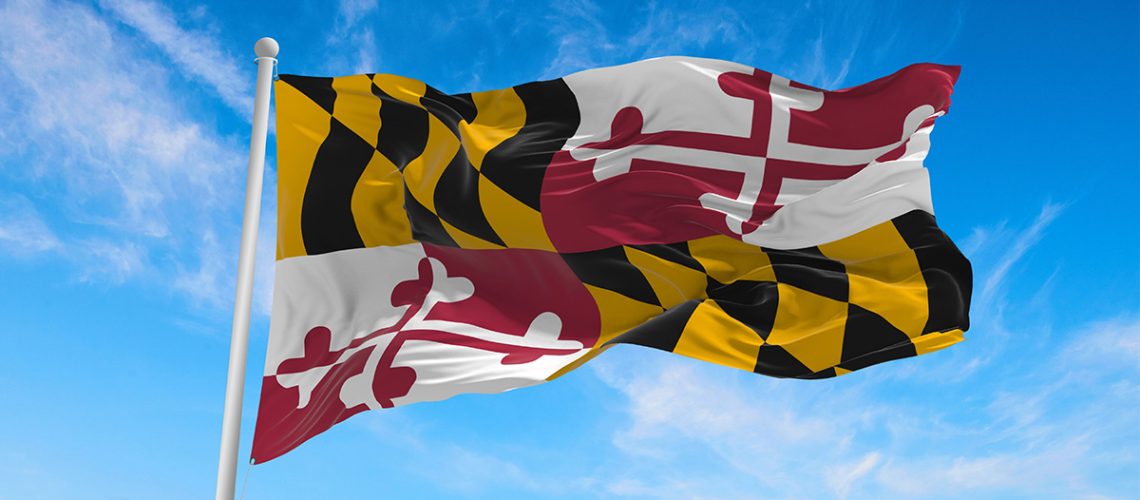A bill in Maryland that was pre-filed in the House in 2024 has passed the House and Senate. If it is signed by Maryland Governor Wes Moore, the bill would take effect on October 1, 2025, impacting the way hospitals and healthcare systems handle low-income patients. Maryland HB 268 would limit the out-of-pocket expenses based on family income and affect how charity care is handled.
Maryland HB 268 expands the definition of medical debt to explicitly include co-payments, coinsurance and deductibles, and introduces scaled reductions in those out-of-pocket expenses for some hospital services based on family income as a percentage of the Federal Poverty Level (FPL). The reductions would be:
- 75% for incomes between 201%-250% of the FPL
- 60% for incomes between 251%-300%
- 50% for incomes between 301%-350%
- 45% for incomes between 351%-400%
- 40% for incomes between 401%-450%
- 35% for incomes between 451%-500%
Monthly payments that fall under income-based plans are capped at 5% of the patient’s household federal or state-adjusted gross monthly income, considering all individuals on the same tax return.
Financial assistance would also be impacted in a few different ways with Maryland HB 268. First, aligning with 501(r) requirements, patients would have up to 240 days after receiving the first hospital bill to apply for financial assistance, then going a step further, hospitals must inform patients of this timeframe and obtain documentation of such notice, such as a signed acknowledgement upon discharge. Legal action cannot be initiated within 240 days of the initial bill, up from 180. Hospitals would also be required to provide refunds within 30 days to patients found eligible for free care within 240 days after this initial bill is provided and would have to take into consideration any changes in a patient’s financial circumstances that occur within those 240 days. Maryland HB 268 also prohibits reporting adverse information to credit agencies during the 240-day period if the patient is applying for financial assistance or experiences changes in their financial circumstances.
Maryland HB 268 would also prohibit hospitals from filing civil actions to collect debts if the outstanding amount is $500 or less and they would be unable to charge interest before obtaining a court judgment for patients eligible for free or reduced-cost care.
Maryland HB 268 also requires hospitals to have their boards review and approve their financial assistance and debt collection policies every two years and submit additional reports on these policies to the state. The bill would also impact the statute of limitations, as they would not apply to contracts between a consumer and a hospital.
If Maryland HB 268 is signed by the governor, it would take effect on October 1, 2025. Americollect will continue to monitor this bill and any others that are introduced in Maryland.
Ridiculously Nice Legal Disclaimer
The content provided in this communication (“Content”) is presented for educational and general reference purposes only. Americollect, Inc and/or AmeriEBO LLC either directly or indirectly through speakers, independent contractors, or employees (collectively referred to as “Americollect”) is providing this Content as a courtesy to be used for informational purposes only. The Contents are not intended to serve as legal or other advice. Americollect does not represent or warrant that the Content is accurate, complete, or current for any specific or particular purpose or application. This information is not intended to be a full and exhaustive explanation of the law in any area, nor should it be used to replace the advice of your own legal counsel. By using the Content in any way, whether or not authorized, the user assumes all risk and hereby releases Americollect from any liability associated with the Content.

